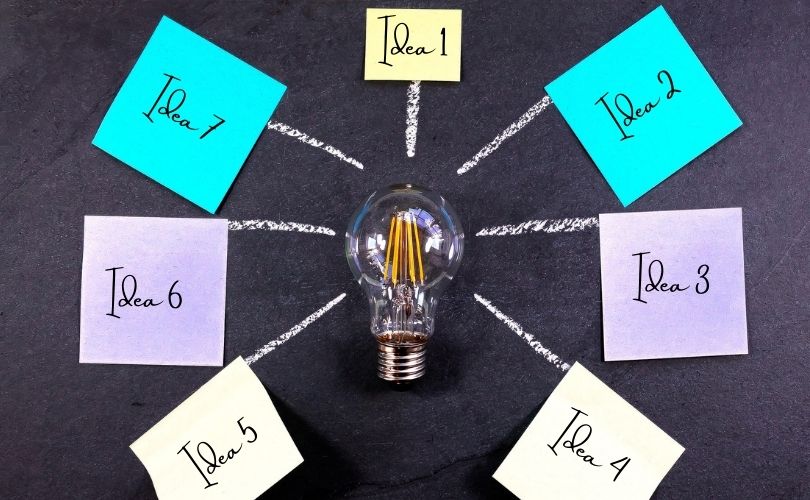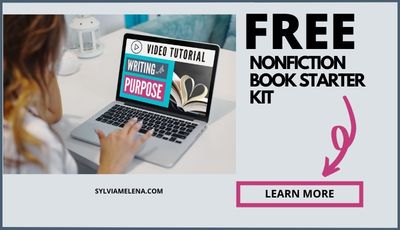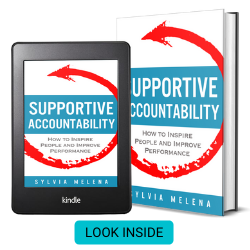Let’s face it.
Starting your first nonfiction book feels hard.
Really hard.
It’s even more difficult if you don’t know what to write about or where to start.
You either have too many ideas rushing through your head, or worse, none at all.
But don’t worry.
There’s a way to get your creative juices flowing.
You can tap into two of the three ingredients of a perfect topic — experience and passion — to come up with great book ideas. This phase in book writing is called idea generation.
Here’s how it works.
Three Steps to Generate Potential Book Ideas
There are many ways to generate ideas for your nonfiction book. I love to use sticky notes (Post-It or other brands).
Here’s what you need:
- Sicky notes,
- A marker, and
- A blank wall in a quiet, uninterrupted space.
Once you have what you need handy, here’s how to ignite your creativity.
Step 1 – Brainstorm Your “Experience”
Brainstorm the things you can do based on experience.
Experience includes your education, training, hobbies, work experience, volunteer work, life experiences, challenges you’ve overcome, and more. Leave no stone unturned.
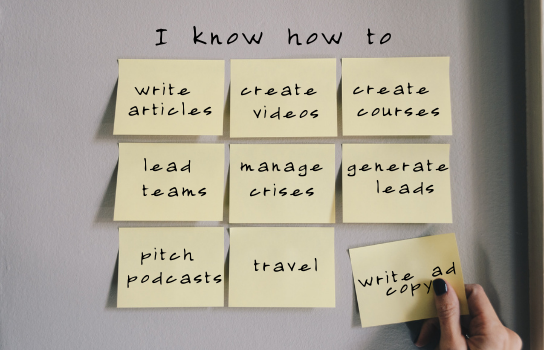
At this point, don’t judge your ideas. It doesn’t matter if you think they’re viable and profitable. Just jot down the things you know how to do, listing one item per sticky note.
Brainstorm as fast as you can, and don’t spend forever on this. The trick is to move quickly. The things that are great candidates rise to the surface.
Step 2 – Carve Out Your “Passion” Ideas
Now that you have a wall full of sticky notes identifying the things you know how to do through experience, it’s time to zero in on your passion.
Identify two spots on your wall. Label one “Passion” and the other “Blah” or “Meh” or whatever works for you.
Read each sticky note and decide if the topic sparks your “Passion” or if it’s just “Blah” or “Meh” or whatever. Then place the sticky on the appropriate section of the wall.
Step 3 – Log Your “Passion” Ideas

Gather the stickies you placed under “Passion” and record the ideas on a log. I like using Excel because it helps later in the research and validation phase. But do what is easiest for you.
The important thing is to create a manageable list for future research. I have worked on this brainstorming exercise before and “filed” the sticky notes, then had difficulty finding them. Now I type and file them electronically so that I can retrieve them easily.
When you’re done, you’ll have a list of passion ideas based on your experience, and you’ll be ready to start the idea validation phase to determine market demand.
If your creativity well is dry, brainstorming will help you generate potential nonfiction book ideas. It will also help you prepare for the validation phase, where you go from great ideas to a viable and profitable book topic.
About Sylvia Melena
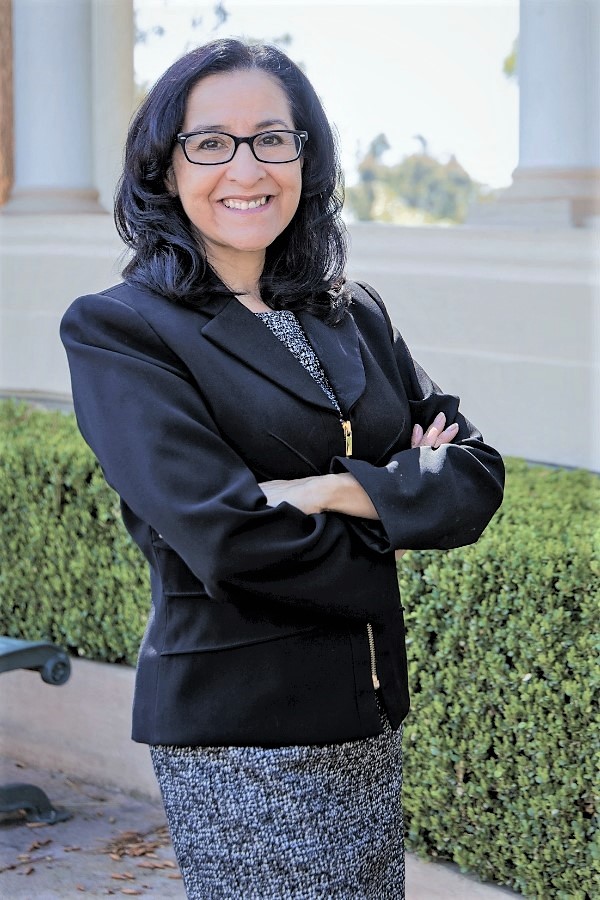
SYLVIA MELENA is the Founder and CEO of Melena Consulting Group, a leadership and management consulting, training, and publishing company. She is also the international award-winning author of Supportive Accountability: How to Inspire People and Improve Performance and the Vice President of the San Diego Book Awards Association. As an unknown author with zero platform, Sylvia’s first book gave her exposure in the Society of Human Resources Management HR Today, Entrepreneur, the Human Performance Association, My Quest for the Best, LEADx, Fit Small Business, and other outlets.

